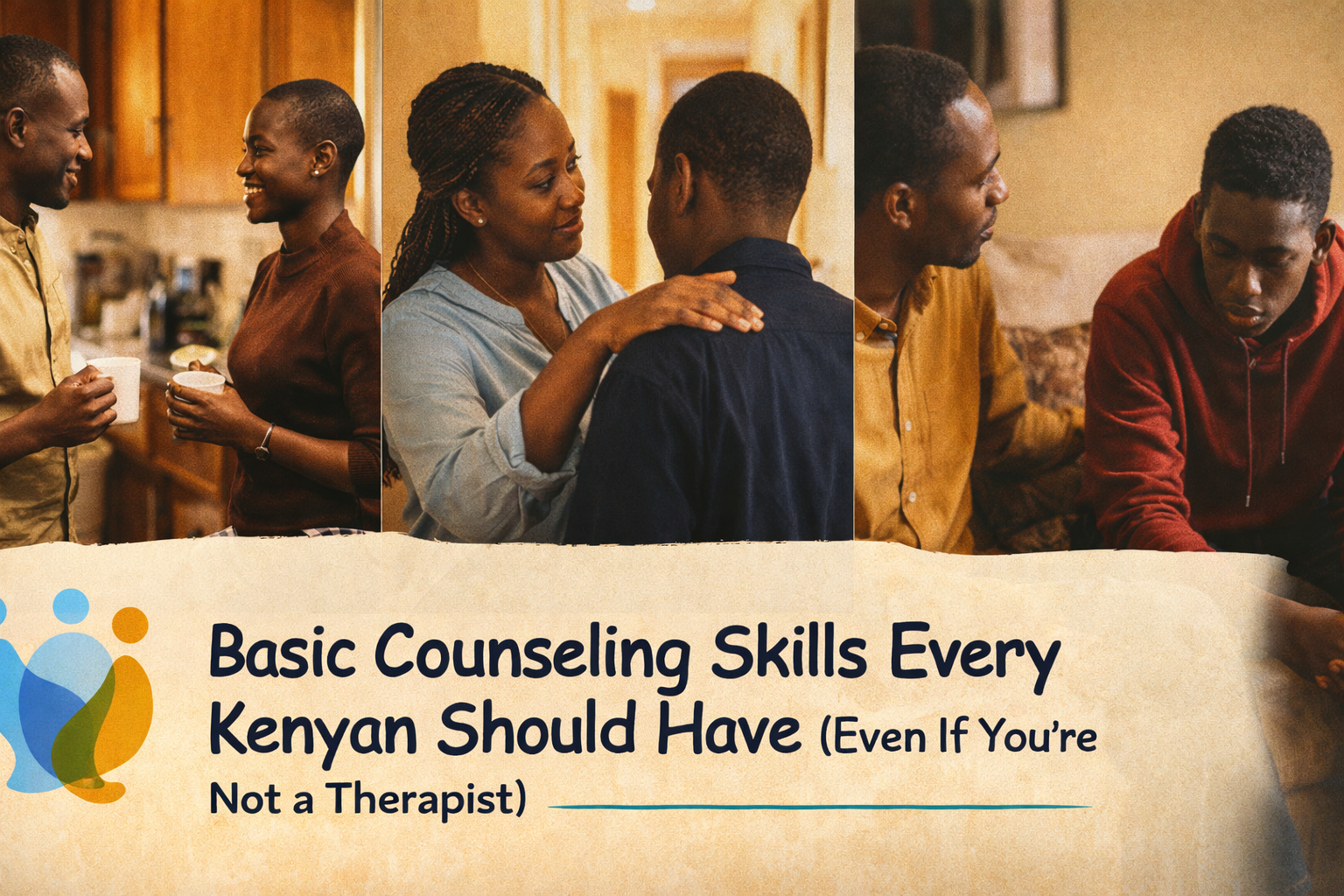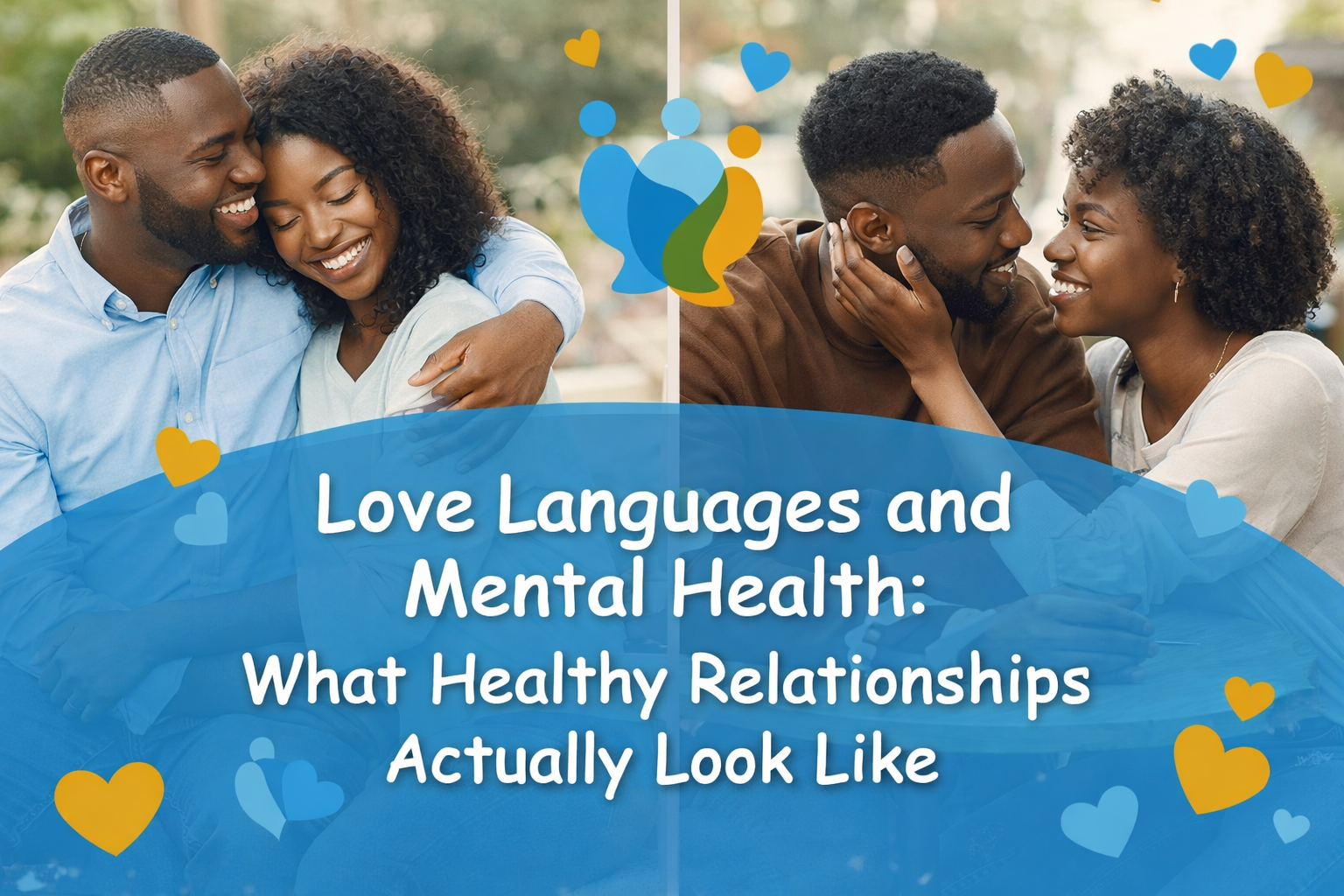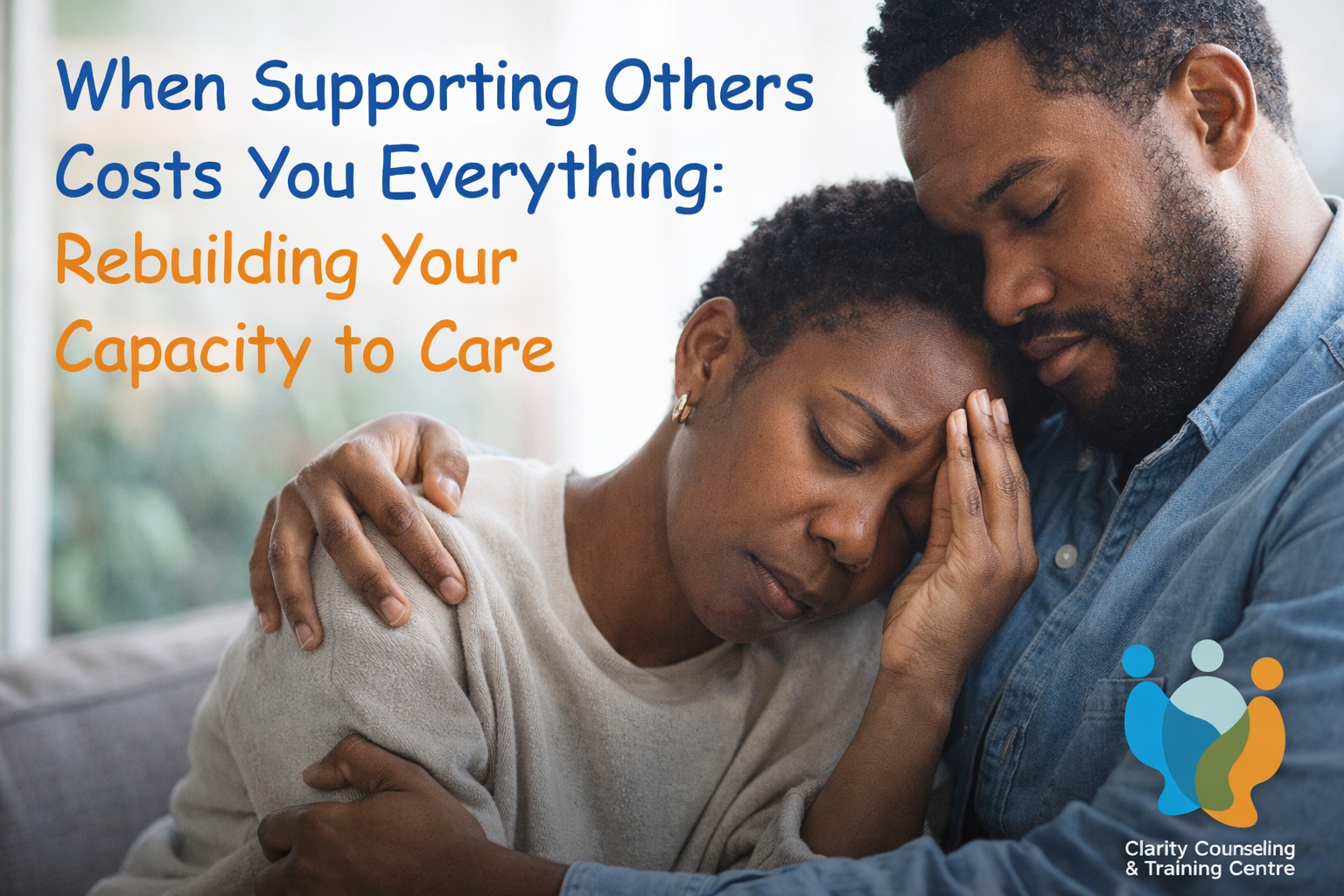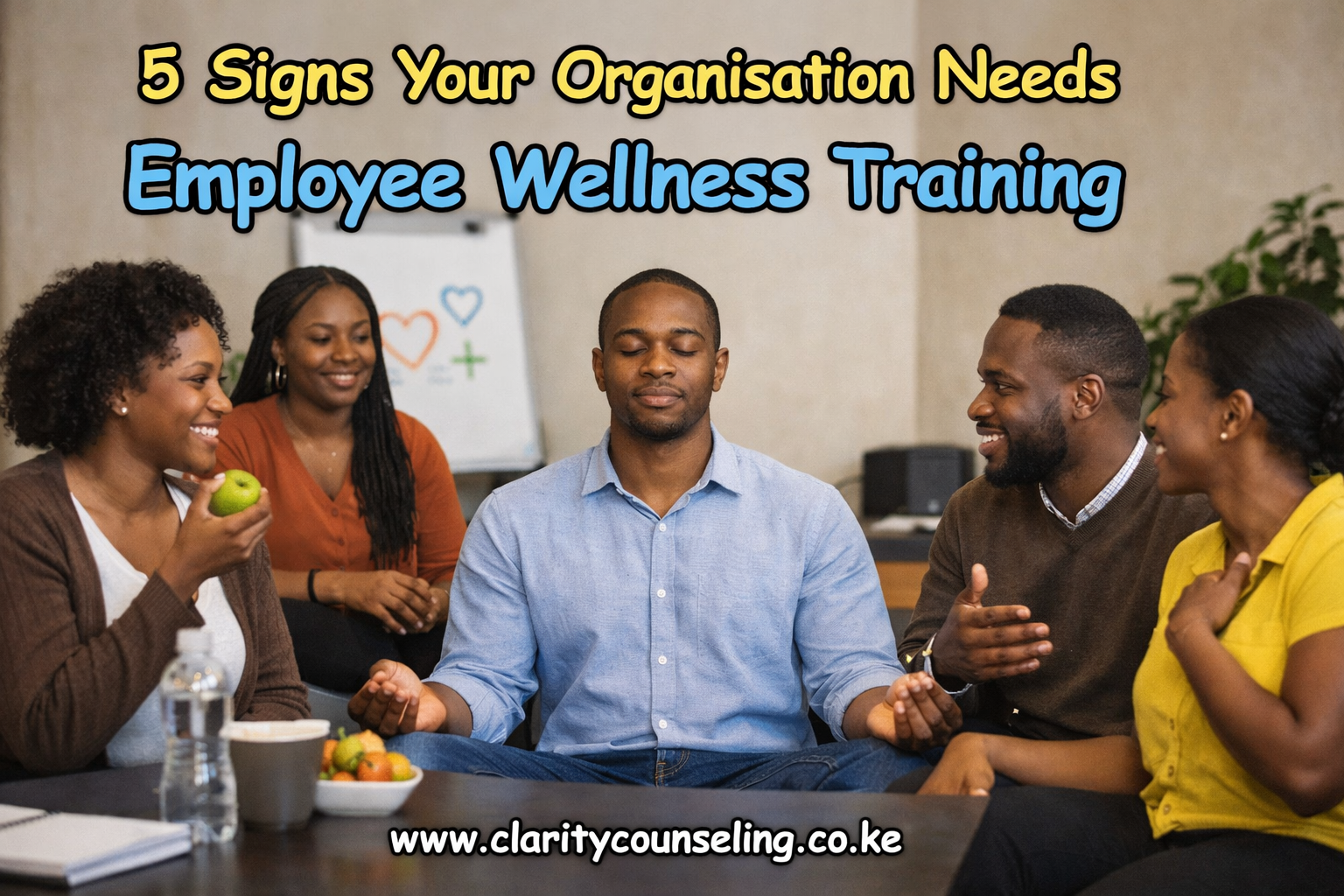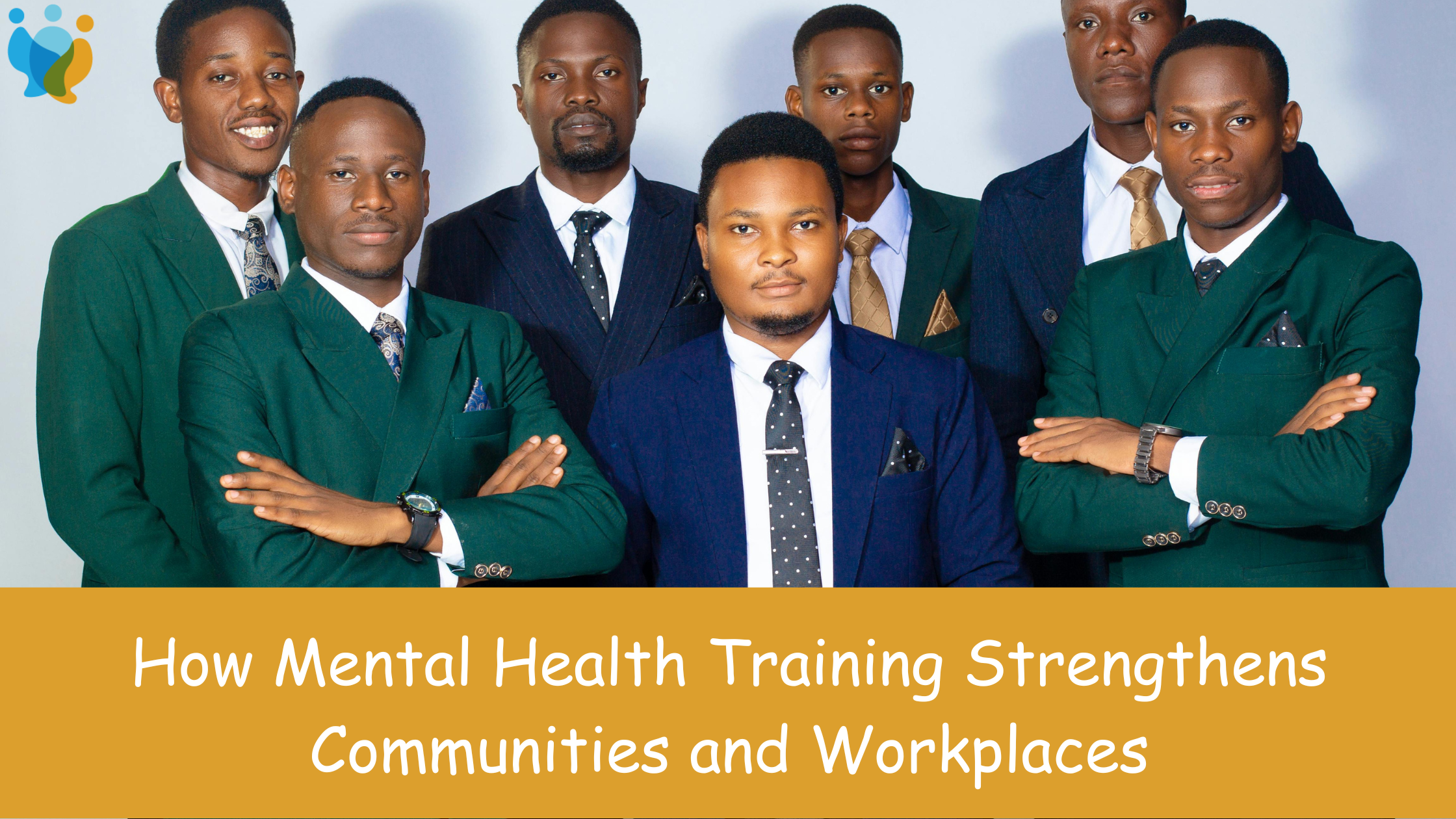Are You a Victim of Family Illnesses?

Are You a Victim of Family Illnesses?
Family is a term that most people associate with love, warmth, caring and a sense of belonging. Everyone in the world was born into one; and the family unit still remains for most people one of the most important aspects of a human being’s life. In fact, the role of the family unit is so important as to determine the health of a society. Healthy Families create a healthy society.
Not every family is healthy, and as the health of families across the world deteriorates, the more the health of societies and nations is compromised. The rates of divorce have gone up, the number of people living with mental health disorders has also gone up to 19% of the world’s population, and more and more people seem to be struggling to establish and sustain healthy relationships across the board.
It is hard for most people to imagine that a whole family can be Psychologically sick. But it can be, because the family is a system; and just like any other Eco-system, if toxins infiltrate it, the result will be disease or dysfunction. Toxins in a family’s Eco-system are dysfunctional patterns of relating and negative dynamics introduced by parents that are either adopted from previous generations or are a result of one or both partners’ dysfunctional personalities. These patterns will then play out in the new family created by the two spouses and will end up producing certain emotional and psychological symptoms which feed back into the family’s Eco-system.
Here are five of the most common family dysfunctions in the world today, and the psychological symptoms you are likely to relate with if your family falls in these categories:
Enmeshment
In enmeshed families, there are no boundaries between Family members. There is no privacy between parents and their adult children, and parents expect their adult children to tell them everything that is happening in their lives. Enmeshed parents also tend to share with their children what is happening in the spousal relationship. Individuals are not allowed to be themselves; and children are praised for maintaining the family’s pattern of doing things. An attempt at independence is termed as betrayal. Children raised in an enmeshed family feel it is their responsibility to solve their family members’ problems.
Parents in enmeshed families depend on their children for their self-esteem; and are likely to have a difficult time allowing them to be adults. Milestones such as marriages may be opposed if the parent feels threatened by their spouses. They establish a co-dependent relationship where they do not look for support outside of the family.
The Mwashigadis are an example of how an enmeshed family interacts with each other.
They are a family of Four. Three boys and their mother. Their father died six years ago. The eldest (Patrick) is 45 years old. He is divorced. Leshau, the 2nd born is 41years old, and is married with 2 children. The last-born Joe is 38years old and has been married for the past 5 years. Patrick’s wife left because she was tired of Patrick involving his mother in their business. He would tell his mother what time she came home every day, and Patrick had started having his supper at his mother’s house on a daily basis because his mother thought that “his wife was neglecting him.” The last straw to their marriage was when Patrick hit her, and his mother started insulting her and encouraging her son to beat his wife. Leshau’s wife lives 2 hours away from Nairobi where she works. Despite the short distance, he rarely goes to visit his family. He still lives in his mother’s house. The only time he gets to see his wife and children is when his mother requests his wife to bring the children over. His mother tells his wife that she should be happy that she is taking care of her husband for her. She is always in the know in regard to how much money he sends his family. Patrick and Leshau work together in a company which they registered their parents as the directors. Their mother is a signatory of the company’s accounts and is therefore always aware of how much money they get paid. She is proud of this as a “sign of family unity” and now wants Joe, who is a banker, to take loans which will be used to buy a house for each and every one of the three boys. Their mother has been involved in looking for a house for Patrick and Joe so that they could live near the rest of the family. The three boys and their mother constantly hold meetings which their wives are not privy to.
Addiction
According to a 2019 United Nations world drug report, 35 million people were estimated to be suffering from a substance use disorder. Substance use and addiction has adverse effects not only on the user but his family as well. Substance abuse can lead to patterns of unpredictability, lack of structure in a home, and lack of appropriate care. The trauma of witnessing a parent suffer from the effects of addiction can have long lasting psychological effects on a child.
In their childhood years, children of parents who are addicts are likely to suffer from neglect, physical and sexual abuse, as well as emotional abuse from the addicted parent or by other adults since there is a gap in taking care of these children. Their homes are full of chaos and insecurity which contributes to a child’s emotional insecurity, and attachment issues. Since addicted parents are hardly ever emotionally present, their detachment may affect their children who may later on become disconnected from the world around them; to an extent of lacking remorse or lacking the ability to be empathetic. They may also develop dysfunctional patterns of lying and secrecy which revolve around hiding the parents’ faults from others, such as: not inviting friends over, lying about their family, and social isolation.
In her book Adult Children of Alcoholics, Janet Geringer lists the following among the psychological struggles that are common with adult children of Alcoholics: perfectionism, anger and rage, lacking the to start and finish projects, difficulty establishing intimate relationships, seeking affirmation and approval, impulsivity, difficulty with intimate relationships and a higher possibility of becoming substance abusers.
Racheal comes from such a family. She tries her best to stay away from her family. Whenever her phone rings she jumps because she’s afraid that they are calling with more bad news. Her family is full of chaos. Her only brother, who is alcoholic, moved into their parents’ home and has taken over the parents’ rental houses which leaves them without the means to support themselves. So, they keep calling Rachael for help. Her brother’s behaviour reminds her of her father’s behaviour. He would drink every day when they were younger and would come home shouting. They were terrified of him. The brother would later turn out to be like their father. He would smoke bhang and threaten them with a machete. He would demand to be given all the chapatis they had cooked on the days they made them. Despite being in her early 30s, Rachael cannot bear the thought of dating or marriage. She struggles with maladaptive perfectionism. Her eldest sister is also an alcoholic. She drinks at the village pub and comes home drunk insulting people along the way. Her sister and her mother have an interesting relationship where her sister stops drinking for a while, until they fight with her mother, and she starts drinking again.
Abuse
In most homes where domestic abuse exists, it is likely to be in the form of Physical violence, emotional abuse, and sexual abuse. Research shows that witnessing abuse bears the same risk to a child’s mental health as being abused directly. The consequences of growing up in abusive families are dire and include: fear, becoming compliant, (this means that they become very submissive and do not question other people’s bad behaviour towards them) withdrawal, insecurity, inability to manage one’s emotions (they become aggressive and lash out at the smallest provocation), anxiety, depression, and emotional numbness. In adulthood, they may end up perpetuating the cycle of violence either by becoming abusive towards their partners, or attracting people who abuse them. They are likely to have difficulties establishing healthy relationships as well.
Children of emotionally abusive parents either end up being emotionally abusive as well; showing signs of emotional manipulation, and narcissism or they develop a pattern of toxic friendships and romantic relationships with emotionally manipulative people since they are incapable of recognizing and dealing with the manipulation or establishing healthy boundaries.
Abandonment
Abandonment takes different forms, but the outcome is the same. Some parents abandon their children emotionally by failing to offer them the emotional support they need to be emotionally sound, while others abandon their children Physically by being absentee parents or disappearing from the child’s life altogether. Emotional abandonment involves being inattentive to a child, failing to respond to a child’s need for affirmation, comfort and love and giving a child responsibilities that are not age appropriate such as taking care of their younger siblings or a parent before their adult years. Parental abandonment is responsible for the development of an anxious attachment style. People with an anxious attachment style may: live in fear of their friends or partners leaving them, be hyper vigilant and on the lookout for signs that others do not like them, crave for other people’s reassurance of love, people please, cling to others to avoid being left, and stay in bad relationships for fear of being alone.
They may also develop an avoidant personality style where they: push people away for fear of being hurt, sabotage relationships, jump from one relationship to another, and become controlling of others.
Victims of parental abandonment also suffer from poor self-esteem, which they mostly try to cover up by trying to be well behaved or an attempt at perfectionism; trying to validate their self-worth with achievements. Failure to achieve their unrealistic expectations may lead to depression and suicidal thoughts.
Some of the mental health conditions that are caused by abandonment include: anxiety disorders, depression, borderline personality disorder, and eating disorders.
Other emotional difficulties experienced by adult children of abandonment include: care taking and co-dependency(rescuing others and taking care of others to validate self), a chaotic lifestyle, compulsive behaviour ( repetitive habits meant to manage anxiety such as counting in certain patterns, silently repeating a word or phrase, shopping uncontrollably, over eating, compulsive cleaning of hands or surfaces, and arranging things to face a certain way), extreme jealousy and possessiveness, and promiscuity in search of comfort.
Infidelity
Being cheated on by a spouse can have devastating effects regardless of whatever reason the cheating spouse gives. Most children hardly ever get to know of a parent’s infidelity, but those who do will more often than not develop some psychological effects of the same. One of the most common outcomes of cheating on children is resenting the cheating parent, and feeling the need to protect the parent who has been cheated on, which can lead to bitterness and high levels of stress.
Adult children who have experienced parental infidelity are likely to normalize cheating whether consciously or unconsciously. It is not uncommon to find women whose fathers had a long-standing pattern of infidelity marry cheating spouses or develop a pattern of dating men who cheat on them; in an effort to master the anxiety experienced in childhood from their father’s infidelity. The same pattern may appear in men whose mothers would cheat on a constant basis. They may have unconsciously modelled after the parent who stayed with the cheating spouse by choosing to endure. The other extreme of this behaviour is the adult child becoming a cheat as well, which is a repetition of the patterns they grew up with.
Trust issues are also common in children brought up experiencing infidelity. The disillusionment brought about by a parent’s infidelity may shake the child’s sense of security and trust in others especially the opposite sex which can last well into their adult years.
Other psychological effects of infidelity on children include: shame, confusion, anger and the development of unhealthy narratives and belief systems concerning romantic relationships.
If you have just read this article, you may have been shocked to find out that what you previously normalized is not so normal after all; and that some of the habits you thought were part of your personality are the outcome of the family dynamics you have experienced growing up; that led to childhood trauma.
It is not all doom and gloom though, as these are all issues that can be addressed through therapy. A well thought out treatment plan will help you to be free of your past.

